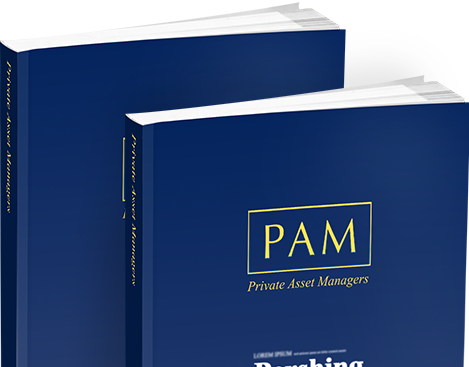Retail banking, or consumer banking, is focused on the provision of banking services to individuals, from establishing savings and transactional accounts to providing mortgages, personal loans and credit and debit cards. Branch staff may not be authorised to give full investment advice, although they should be able to help you choose between their employer's own savings accounts.
Commercial banking, by contrast, deals with the provision of services to small, medium and large businesses, from providing business loans, to accepting deposits and offering basic investment advice. Some commercial banks have investment banking divisions, while others operate strictly on the commercial side of the business. Generally, any investment services offered by commercial banks are subject to greater levels of regulation than investment banks, which typically reduces their levels of risk tolerance as a result.
Financial advisers working for banks and building societies usually sell products from a restricted range of companies, including their own bank. It is important to check the range of services and products available through your bank to make sure these meet your needs and are of the quality you require.
A higher level of service may be provided by some banks through a premier banking or wealth management service. Through this, you will gain a personal wealth manager but this will probably incur extra charges. You may, however, gain access to a wider range of products. Again, you should check that these are suitable for your needs.
The PAM Directory is a comprehensive guide on comparative data focusing on asset managers, investment managers, private banks, stockbrokers, wealth managers and multi-family offices, who provide discretionary and/or advisory portfolio management services for private clients.
Order Now
Subscribe to PAM to hear about the latest news and promotions
Site Content Copyright PAM Insight Ltd 2016
This option is not available when logged in as a Private Asset Manager.
For registering with PAMonline. You should now receive an email asking you to verify your email address. If you do not receive this email, please call +44 (0)207 967 1601 for assistance.
To reset your password please enter code below.
To restore your password please enter your email below.
To see full information of the Private Asset Managers, plus the opportunity to rate and follow, login or register
For registering with PAMonline.
You should now receive an email asking you to verify your email address.
If you do not receive this email, please call +44 (0)207 967 1601 for assistance.
To return to the Home page, click here
To see full information of the Private Asset Managers,
plus the opportunity to rate and follow, login or register.
Please fill in all the fields.
To activate your account enter valid activation code below.
To resend activation email type in your registered email address below. Or contact the PAM office on +44 (0)20 7967 1608 to get instructions to activate your account.
